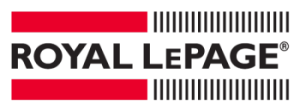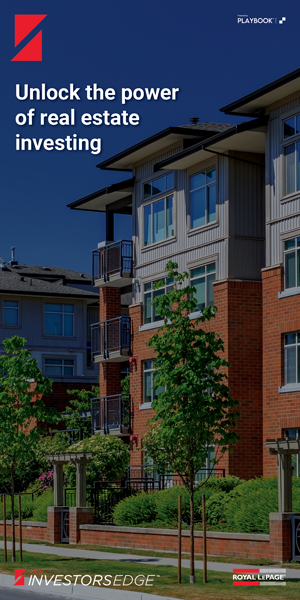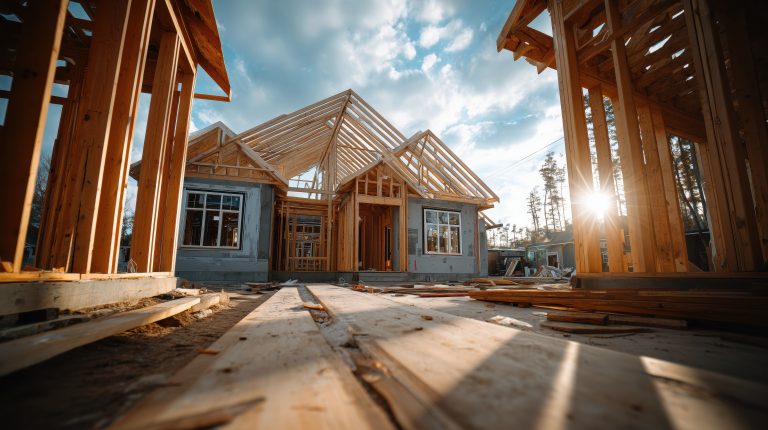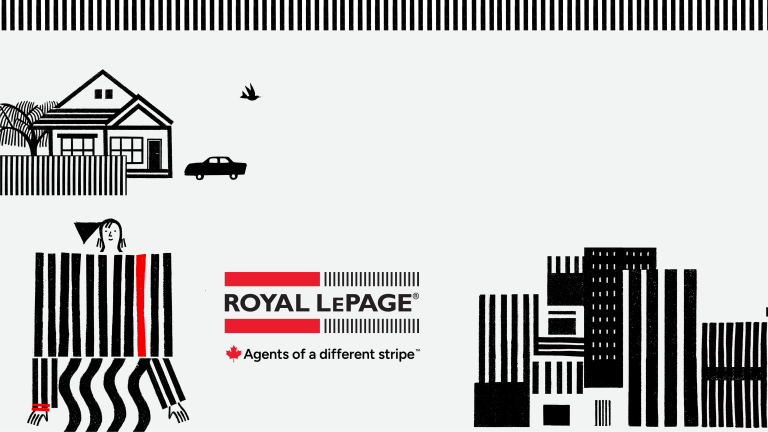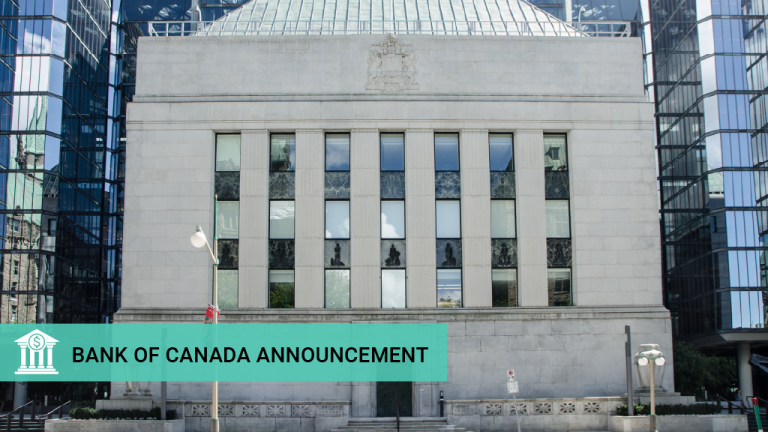
While we might have expected a pronounced slowdown in transactions, fuelled by hesitation on the part of both buyers and sellers, the Quebec residential real estate market showed surprising resilience in the first quarter in the face of economic uncertainty driven by the commercial conflict with the United States. Despite noticeable hesitation from some buyers, this did not translate into a significant decline in sales or prices.
Here is an overview of the five main urban markets in Quebec.
According to the latest results of the Royal LePage® House Price Survey and Market Forecast released today, Quebec’s provincial real estate market has entered 2025 with remarkable strength, in stark contrast to the price declines seen elsewhere in the country. In fact, all of the Quebec markets in the report posted year-over-year price increases in the first three months of 2025, while the Greater Toronto Area and Greater Vancouver markets experienced price declines.
In the first quarter of 2025, the weighted median1 price of a home in the province of Quebec increased 7.6% year over year to $598,300, representing a 1.7% increase on a quarterly basis. When broken out by housing type, the median price of a single-family detached home in the province rose 8.7% year over year to $659,600. For condominiums, the median price rose 6.3% year over year to $474,700, for a quarter-over-quarter increase of 2.1%.
“In such an uncertain time, the strength of the Quebec market is a testament to the solidity of its economic foundations and the resilience of consumers. Although we saw some caution among households, demand remained strong in the first quarter, as evidenced by significant price increases in a majority of the province’s markets,” said Dominic St-Pierre, senior vice-president of business development, Royal LePage.
Quebec housing market is performing well, despite ongoing uncertainty
One hypothesis may partly explain why the Quebec real estate market is so resilient at the moment.
According to a new Royal LePage survey, conducted by Burson,2 65% of Quebecers say they are confident in the country’s economy today, the highest proportion of any Canadian province, including only 8% who say they are very confident. Conversely, 26% of Quebec respondents say they are not confident in the Canadian economy.
“Quebecers are often more optimistic about the economy compared to the rest of Canada,” noted St-Pierre. “For one thing, our real estate market has historically been less subject to major fluctuations, given the relative stability of its immigration and interprovincial migration flows. Quebec is less exposed to the sudden movements that can amplify boom and bust cycles in other major provinces. This contributes to a more positive perception of the market, even in times of uncertainty.”
Of those Quebecers looking to purchase a property this year, almost half (48%) have chosen to postpone their plans as a result of the ongoing trade conflict with the United States, which is in line with the national trend (49%).
Another fundamental factor boosted demand between January and March.
Despite economic and political uncertainty, the last two cuts to the Bank of Canada’s key interest rate, in January and March, have brought back many buyers who had previously stayed away from the market. Since the start of the year, we’ve seen renewed buyer demand put pressure on prices given supply remains low across the province.
“The January and March rate cuts acted as a catalyst for a number of buyers who had been temporarily sidelined due to high borrowing costs. Despite the prevailing uncertainty, this further reduction seems to have been enough to reopen access to home ownership for some and rekindle interest for others, thereby helping to maintain sustained demand in the first quarter,” said St-Pierre.
Solid performance by regional markets this quarter
For the fourth consecutive quarter, the Quebec City market posted the highest rate of price appreciation nationally and provincially, with the aggregate price in the region rising 17.0% year over year in the first quarter of 2025 to $429,200.
“The market has had an excellent start to 2025. We saw some fluctuations in March, but demand is still far outstripping supply, which is supporting prices in all segments,” said Michèle Fournier, vice-president and real estate broker, Royal LePage Inter-Québec. “However, securing financing is becoming more difficult for some buyers. A number of banks are currently reviewing their valuation practices. In some cases, the price agreed upon at the time of the purchase offer exceeds the value estimated by the lender, creating a gap between the purchase price and the actual financing amount. This complicates certain transactions, particularly in situations of over-bidding. Institutions seem to want to curb the overvaluation seen in certain areas.”
In the Greater Montreal Area, price appreciation was softer, with the aggregate price of a home increasing 7.9% year over year in the first quarter of 2025 to $625,000.
“The tariff issue weighs more heavily these days than interest rate cuts. Even before they were implemented, these measures generated a great deal of anxiety for families. However, as Greater Montreal is generally less exposed to the industrial sector, the perception of risk is mitigated, so it is quite rare for buyers to postpone their purchase plans because of a geopolitical issue,” said Marc Lefrançois, real estate broker, Royal LePage Tendance.
Despite the looming threat, demand remains strong in the city, not least because of the chronic shortage of housing supply. “As long as supply remains so limited, this pressure will continue to support prices, even in a more difficult environment,” said Lefrançois.
Elsewhere in the province, price appreciation this quarter varied. In Gatineau, the aggregate price of a home rose a moderate 4.3% year over year to $457,600, while jumping 11.9% in Trois-Rivières and 7.8% in Sherbrooke, during the same period, to $379,600 and $395,500, respectively.
2025 Forecast
Despite ongoing economic uncertainty, Royal LePage is maintaining its forecast for the province of Quebec’s residential real estate market in 2025. Last December, the company anticipated a 7.0% year-over-year increase in the aggregate price of a home in the province by the fourth quarter of this year, reaching $629,588. This projection was based on the assumption that most of the activity would be concentrated in the first half of the year. Royal LePage believes that the combination of demand outstripping supply and a more favourable interest rate environment will continue to put upward pressure on prices, despite economic instability.
“The effects of the trade war with the United States will vary from region to region. However, Quebec can count on a diversified economy, which should mitigate widespread job loss, unlike other Canadian provinces. Although consumer confidence will inevitably be put to the test in 2025, we expect housing needs to support the province’s residential real estate market,” concluded St-Pierre.
1The provincial weighted median prices are based on a model using sales in each region.
2Burson used the Leger Opinion online panel to survey 2,417 Canadians, aged 18+ between April 2, 2025 and April 9, 2025. No margin of error can be associated with a non-probability sample (i.e., a web panel in this case). For comparative purposes, a probability sample of 2,417 respondents would have a margin of error of ±2%, 19 times out of 20.
